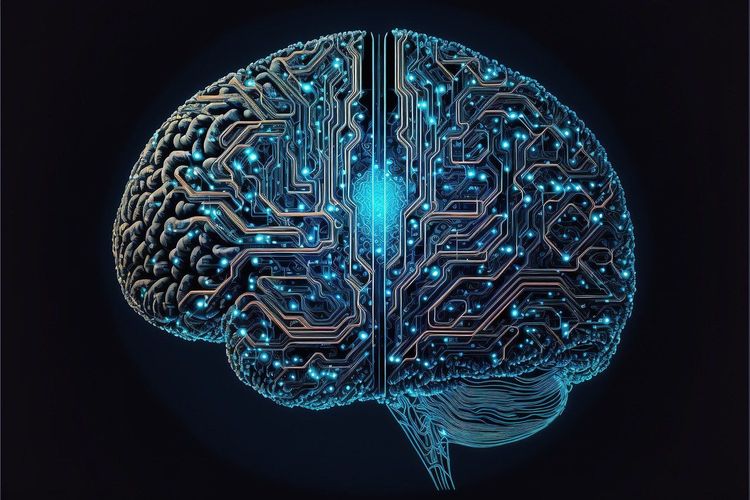The emergence of generative AI is creating an expansive market opportunity for major cloud providers, signaling a significant shift in the landscape. Unlike the previous rise of containers, generative AI represents a completely new sector, prompting companies like Google—who have historically been behind in the cloud race—to place bold bets to improve their standings. For Amazon Web Services (AWS), this development requires a shift from being a market leader to actively defending its position, a challenge highlighted during AWS CEO Adam Selipsky’s keynote at re:Invent today.
In earlier keynotes, AWS often took playful jabs at Oracle, but this year’s remarks felt different. Selipsky made numerous comparisons to competitors like Google and Microsoft, particularly emphasizing Microsoft’s strong partnership with OpenAI. His comments suggested a defensive stance, as he addressed the audience with pointed critiques of these rivals, indicating uncertainty within AWS's usual position of dominance.
When discussing AWS's data center footprint, Selipsky reiterated AWS’s commitment to geographically diverse availability zones. He pointed out that while other providers might have multiple zones in the same data center, this setup risks significant outages. His remarks subtly referenced Google's recent multi-week outage in its Paris data center—a substantial incident, although he acknowledged that AWS also faces its share of challenges and outages.
“Others might suggest that all cloud services are the same, but that’s simply not the case,” Selipsky declared. He illustrated a scenario where a company believes it has reliable services in France, only to learn that all their zones are within a single data center, exposing them to potential failures from incidents like fire or water leaks.
As AWS debuted its latest Graviton chips, Selipsky highlighted, “We are now on our fourth generation in just five years. Other cloud providers haven’t even introduced their first server processors yet.” This emphasis on rapid innovation reflects AWS's commitment to staying ahead, even as the landscape shifts.
However, generative AI poses unique challenges for Amazon, as it now lacks a first-mover advantage in this burgeoning area. The recent controversies surrounding OpenAI have given Selipsky ample opportunity to critique the competition, particularly Microsoft’s temporary restriction on employee access to OpenAI's ChatGPT due to security issues. “If security and privacy aren't guaranteed, you cannot utilize these tools effectively,” he emphasized, indicating that he doubts other cloud providers' readiness to deliver robust AI services.
While Microsoft Azure boasts access to both proprietary and open-source models, Selipsky capitalized on the competitive landscape: “The pace of change is rapid. In such an environment, adaptability is key. No single model will dominate, nor will one company control all the models. It's crucial to choose a cloud provider not tied to a sole model provider.”
In his keynote, Selipsky introduced Anthropic CEO Dario Amodei to discuss their strategic partnership, announcing AWS users will receive exclusive early access to features within Anthropic’s Claude model. AWS is poised to invest up to $4 billion in Anthropic, creating a relationship reminiscent of Microsoft's ties with OpenAI, depending on how one views these alliances.
Discussing CodeWhisperer, AWS's answer to GitHub Copilot—which has seen greater success—Selipsky remarked that “other providers launch tools lacking the data privacy and security protections that every enterprise demands.” This claim might raise eyebrows among AWS's competitors.
AI's rapid advancements are prompting businesses to reevaluate their cloud strategies. Microsoft’s strong ties with OpenAI have granted it a significant head start, while Google maintains a long-established reputation in AI and machine learning. Tools like SageMaker, Bedrock, and the new Q assistant position AWS at a competitive level, but their approach seems outside their typical strengths, as evidenced by the tenor of their messaging.
Amazon plans to invest up to $4 billion in AI startup Anthropic, as it navigates this transformative landscape.







